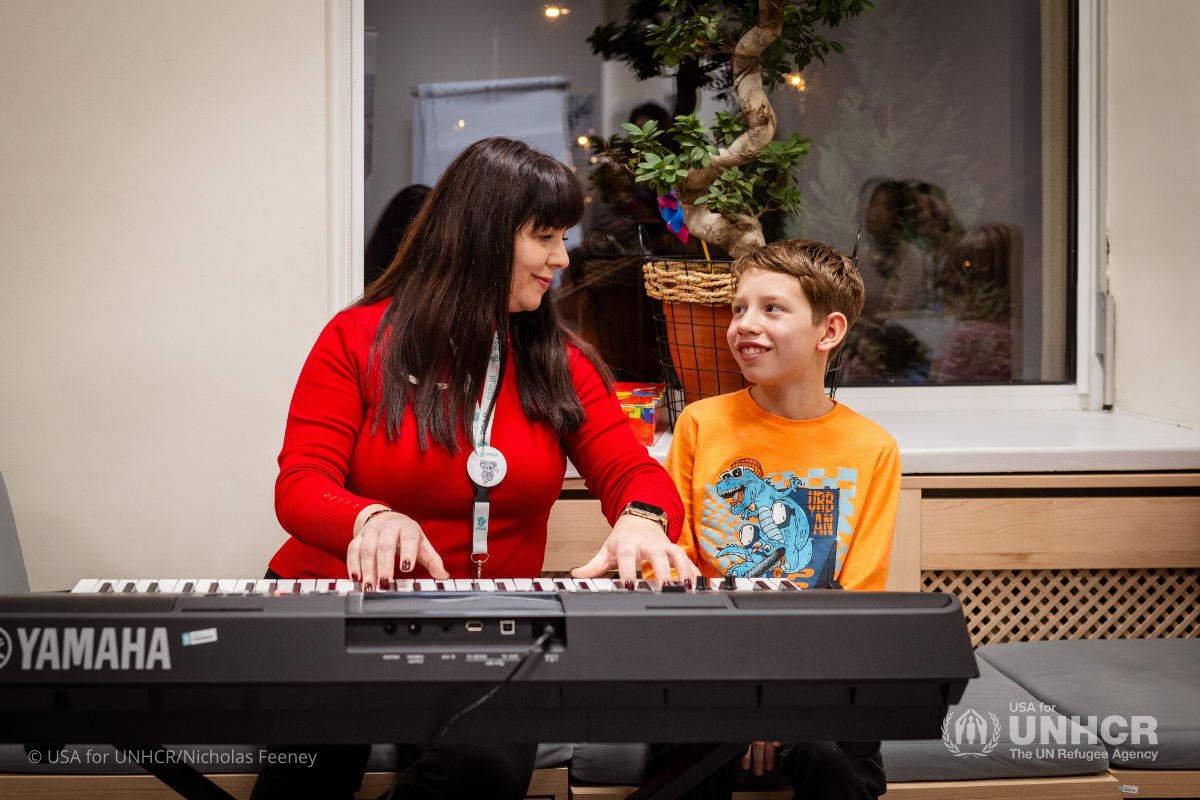COVID-19 update: Facts about the novel coronavirus and how it impacts refugees
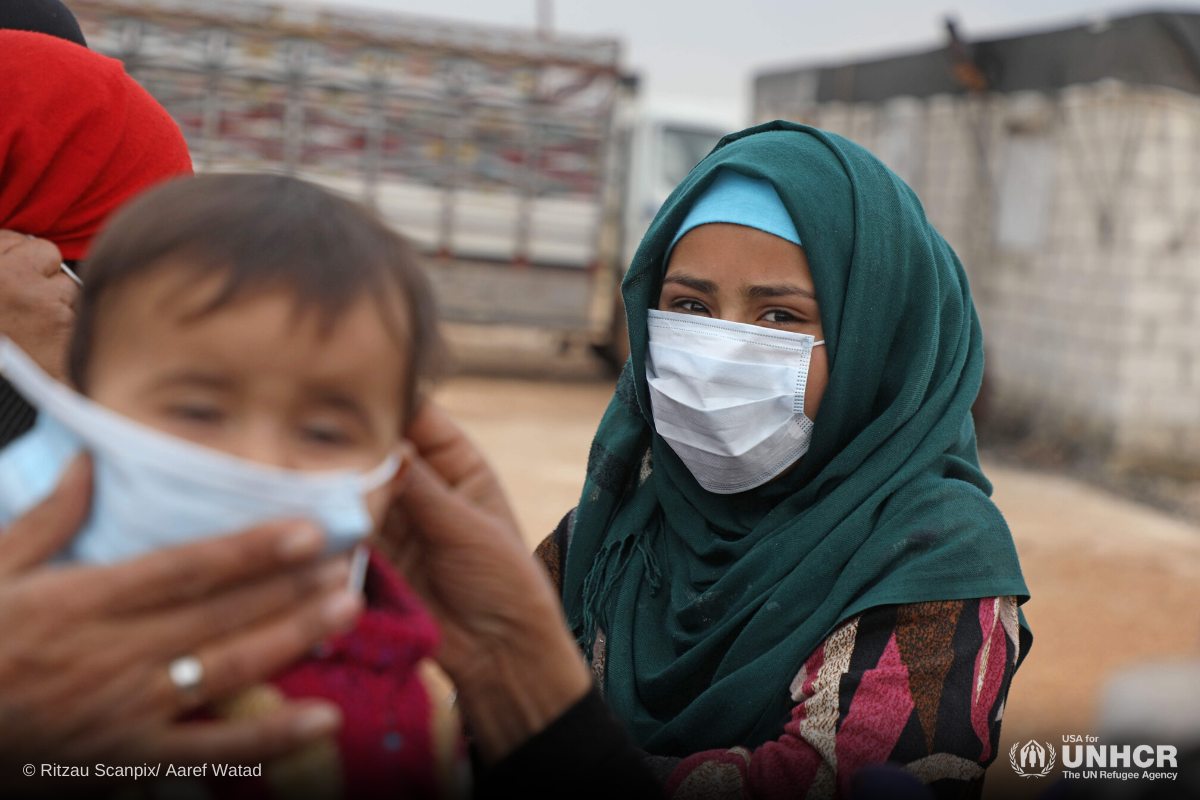
As the novel coronavirus (COVID-19) continues to spread across the world, countries are adopting measures to contain the pandemic. In the United States, most Americans are staying at home and practicing social distancing to avoid spreading the disease. But the coronavirus doesn’t discriminate and threatens countries, communities and populations less prepared to combat the disease.
Approximately 84 percent of the refugee population are hosted in low to middle-income countries with weak health, water and sanitation systems, where the disease could easily and rapidly spread. To date, there have been no reports of coronavirus infections among refugees and asylum seekers. This, however, could change at any time. The outbreak is a global challenge that must be addressed through international solidarity and cooperation, especially when it comes to protecting the most vulnerable populations.
Here's what you need to know about the novel coronavirus and how it impacts refugees:
1. What is the novel coronavirus or COVID-19?
2. What is the difference between an epidemic and a pandemic?
3. What are the symptoms of the coronavirus (COVID-19)?
4. How is coronavirus (COVID-19) impacting refugees?
5. What is UNHCR doing to prevent and respond to the coronavirus (COVID-19) outbreak?
6. How can I help refugees during the coronavirus (COVID-19) crisis?
What is the novel coronavirus or COVID-19?
Coronaviruses are a large group of viruses that usually cause upper respiratory symptoms, such as cough and runny nose and, in some cases, can develop into a more serious disease. They get their name from the crown-like spikes on their surface (corona is the Latin word for crown).
The novel coronavirus (COVID-19) is a type of coronavirus that was discovered in December 2019 and has been rapidly spreading around the world. On March 11, 2020, the World Health Organization (WHO) officially declared the outbreak a pandemic.
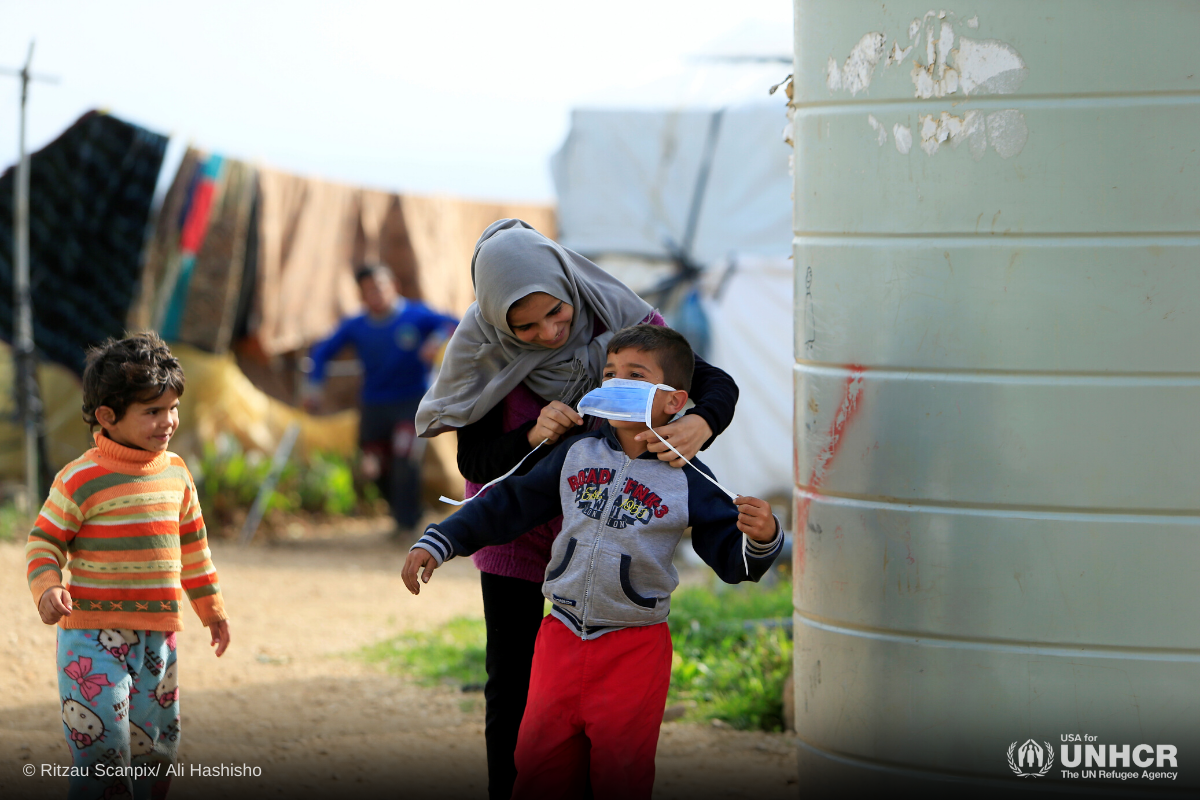
What is the difference between an epidemic and a pandemic?
An epidemic is used to describe a disease that has spread over a specific area and affects a large number of people at the same time. If the spread escalates further, affecting a wider geographical area and a significant portion of the population in other countries, it becomes a pandemic.
What are the symptoms of the coronavirus (COVID-19)?
According to WHO, common symptoms of the coronavirus include fever, cough, shortness of breath and breathing difficulties. In more severe cases it can cause pneumonia, severe acute respiratory syndrome, kidney failure and even death. The elderly and people with underlying health conditions, such as diabetes, lung or heart diseases, are at higher risk of developing complications from this disease.
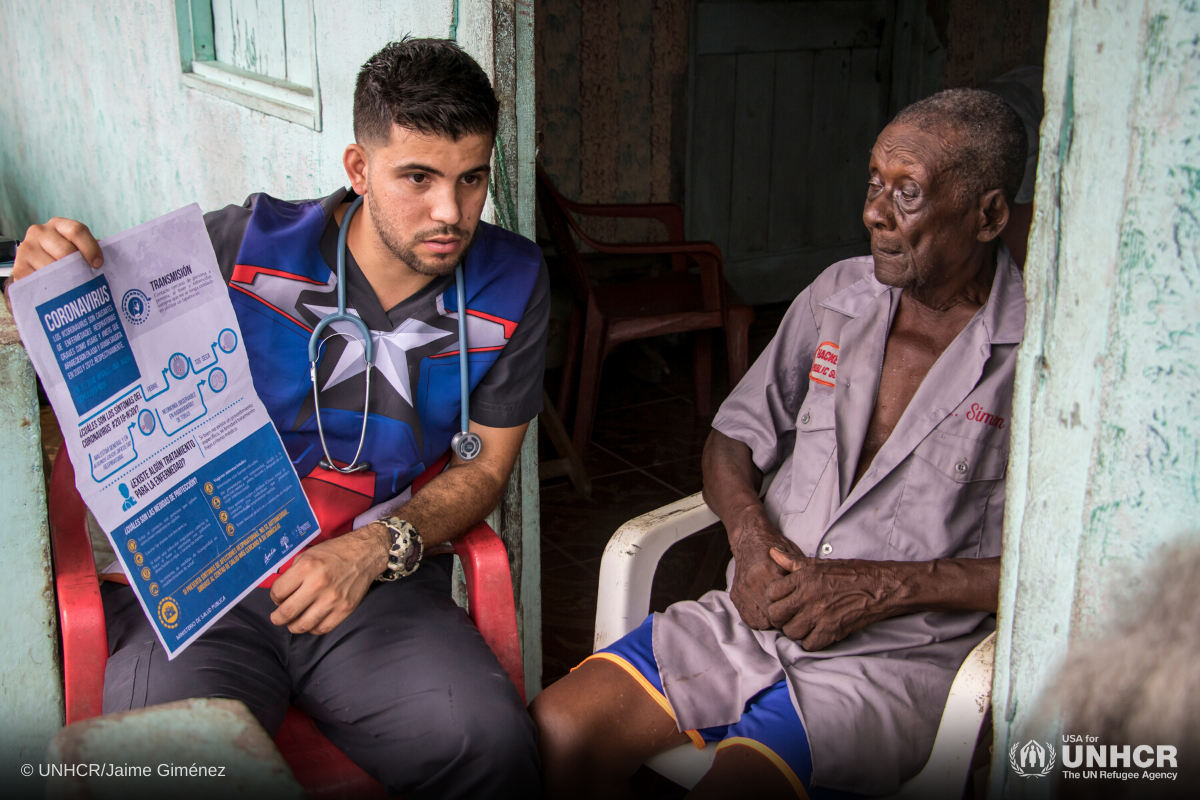
How is coronavirus (COVID-19) impacting refugees?
The vast majority of refugees and internally displaced people (IDPs) find themselves in overcrowded living conditions – either in refugee camps or urban areas – with very limited access to healthcare and sanitation systems. In these circumstances, the coronavirus can be easily spread in a short period of time. Moreover, many refugees and IDPs already suffer from underlying health conditions stemming from poor nutrition or reduced access to vaccines, which makes them highly vulnerable to the disease.
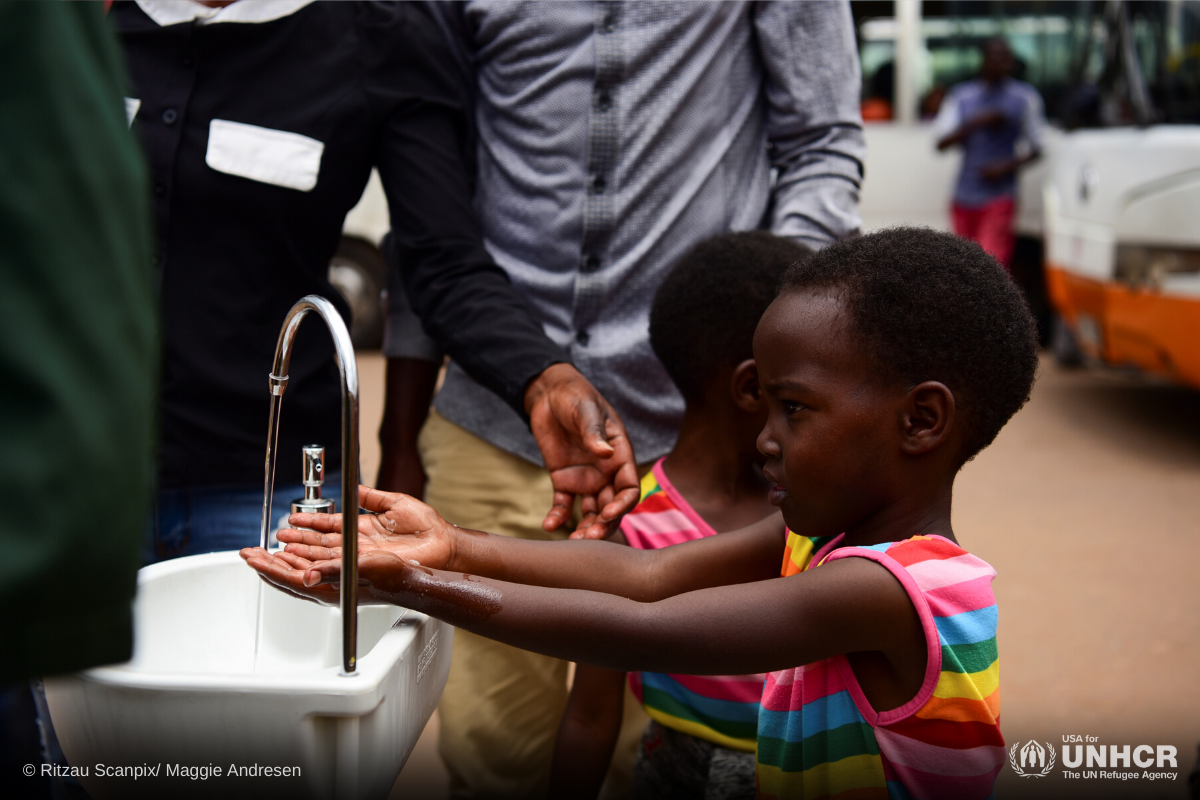
Recent restrictions on international travel are also having a direct impact on refugee families. As countries drastically reduce entry into their territories, the UN Refugee Agency and the International Organization for Migration (IOM) will be temporarily suspending refugee resettlements. This means refugee families waiting to be resettled will experience long delays and many will be stranded or separated from their family members.
What is UNHCR doing to prevent and respond to the coronavirus (COVID-19) outbreak?
Building on its experience with previous outbreaks (Severe Acute Respiratory Syndrome -SARS, Influenza and Ebola), UNHCR is stepping up efforts in more than 130 countries to ensure refugees and IDPs are included in national coronavirus surveillance, preparedness, response planning and activities.
Under WHO’s guidance, UNHCR is also working with ministries of health and local partners to review the capacity of public health services and putting in place contingency plans and mechanisms to respond in the event of an outbreak. Relevant communication materials have also been adapted to ensure refugee and internally displaced communities are updated on the latest hygiene and sanitation measures.
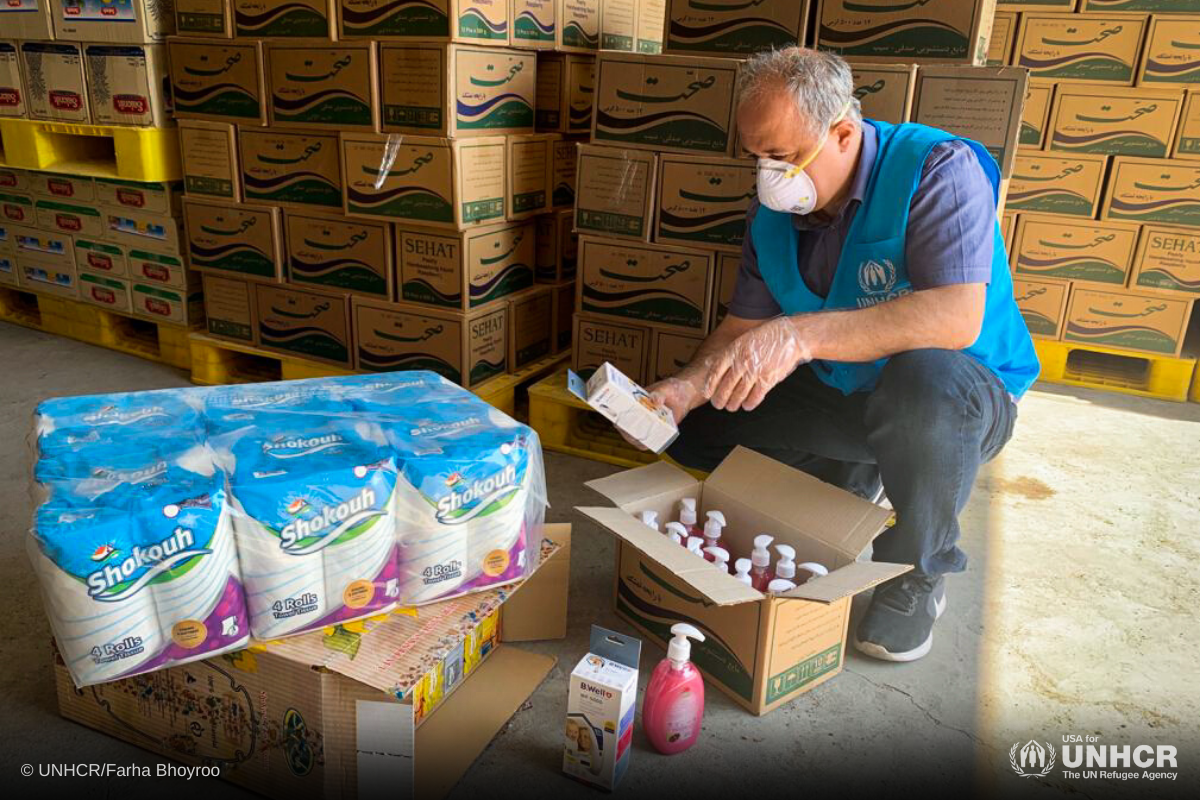
How can I help refugees during the coronavirus (COVID-19) crisis?
The coronavirus is a devastating challenge that is affecting us all. As we take steps to protect ourselves and our families, let’s also work together to ensure refugee families are protected against the virus and have access to adequate healthcare systems. Please make a donation today to protect vulnerable displaced families.


